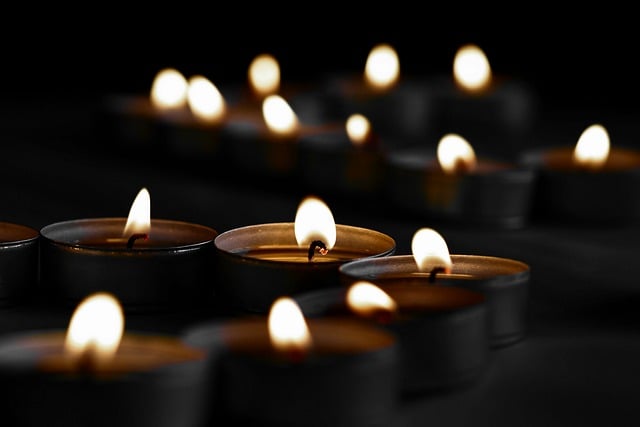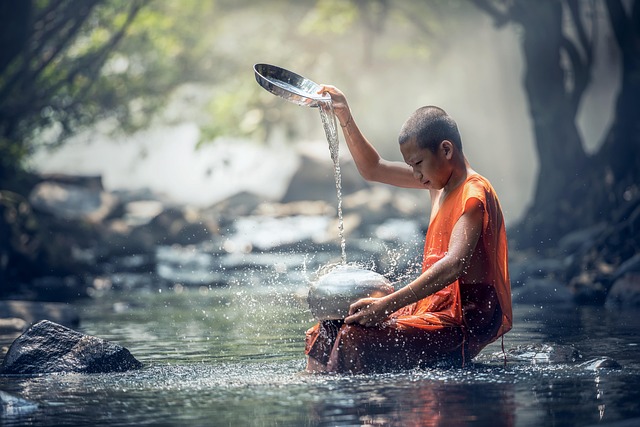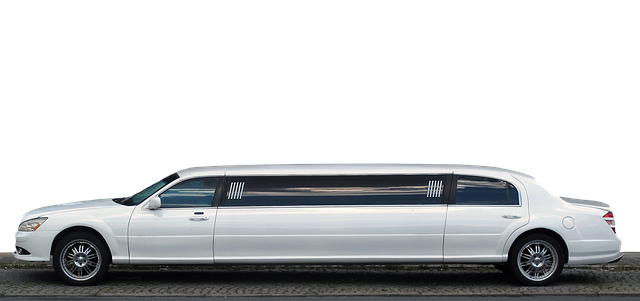In recent years, rap music has come to epitomize not just a genre but a movement filled with emotion, storytelling, and a distinctive party vibe that resonates across generations. At its core, rap represents hope—a powerful sentiment that drives artists to express their experiences, struggles, and aspirations through rhythmic beats and poignant lyrics. This evolution of rap music culture has become a beacon of positivity, encouraging people to connect, celebrate, and ultimately find joy amid life’s challenges.
Historically rooted in the African American community, rap emerged as a form of self-expression that transcended cultural and geographical boundaries. It started as a voice for the voiceless, reflecting themes of resilience and community. The lyrical prowess of early pioneers like Grandmaster Flash and Run-DMC laid the groundwork for what would develop into a multifaceted genre. As it evolved, rap music began to embrace a party vibe, with influences from funk, disco, and even rock. This transition brought about a new wave of artists who infused upbeat rhythms and infectious hooks into their tracks, fostering a sense of joy in social settings.
The party aspect of rap cannot be overstated. Songs like “Hotline Bling” by Drake and “Uptown Funk” by Mark Ronson have not only dominated the charts but have also served as anthems for gatherings—celebrations, clubs, or even backyard barbecues. The infectious energy inherent in these tracks invites listeners to let loose, dance, and immerse themselves in the moment. Here, hope manifests not just as a distant dream but as tangible joy, encapsulated in the laughter and camaraderie shared on the dance floor or at a lively house party.
Moreover, rap’s focus on community fosters a shared sense of hope. Festivals like Rolling Loud celebrate the genre, uniting diverse audiences under the shared banner of music and culture. This sense of belonging is crucial; it serves as a distraction from the difficulties of life and ignites a spark of joy and unity. The stories told through rap lyrics often echo the struggles of everyday individuals, reminding us that we are not alone in our journey. Artists like J. Cole and Kendrick Lamar create a narrative that blends personal trials with hopeful messages, creating a therapeutic experience for their listeners.
The incorporation of different musical genres into rap has enhanced its party vibe and cultural relevance. Collaboration with pop, EDM, and even country artists has resulted in groundbreaking tracks that not only broaden the audience but also cultivate an atmosphere of inclusivity. Imagine dancing under flashing lights to the innovative sounds of a rap-country crossover; it’s an electrifying fusion that exemplifies the evolution of music culture over the years.
As you explore the evolution of rap music culture, it’s evident that the genre embodies a spirit of hope and connection amidst the beats. Its transformative power lies in its ability to adapt, grow, and resonate with listeners from all walks of life. Whether you’re vibing with friends or reflecting on your own successes and setbacks, rap serves as a soundtrack to our shared experiences, inviting everyone to find their own sense of hope and joy in the rhythm of music. In essence, rap is not just a genre; it is a culture steeped in resilience, celebration, and an ever-present hope for a better tomorrow.




